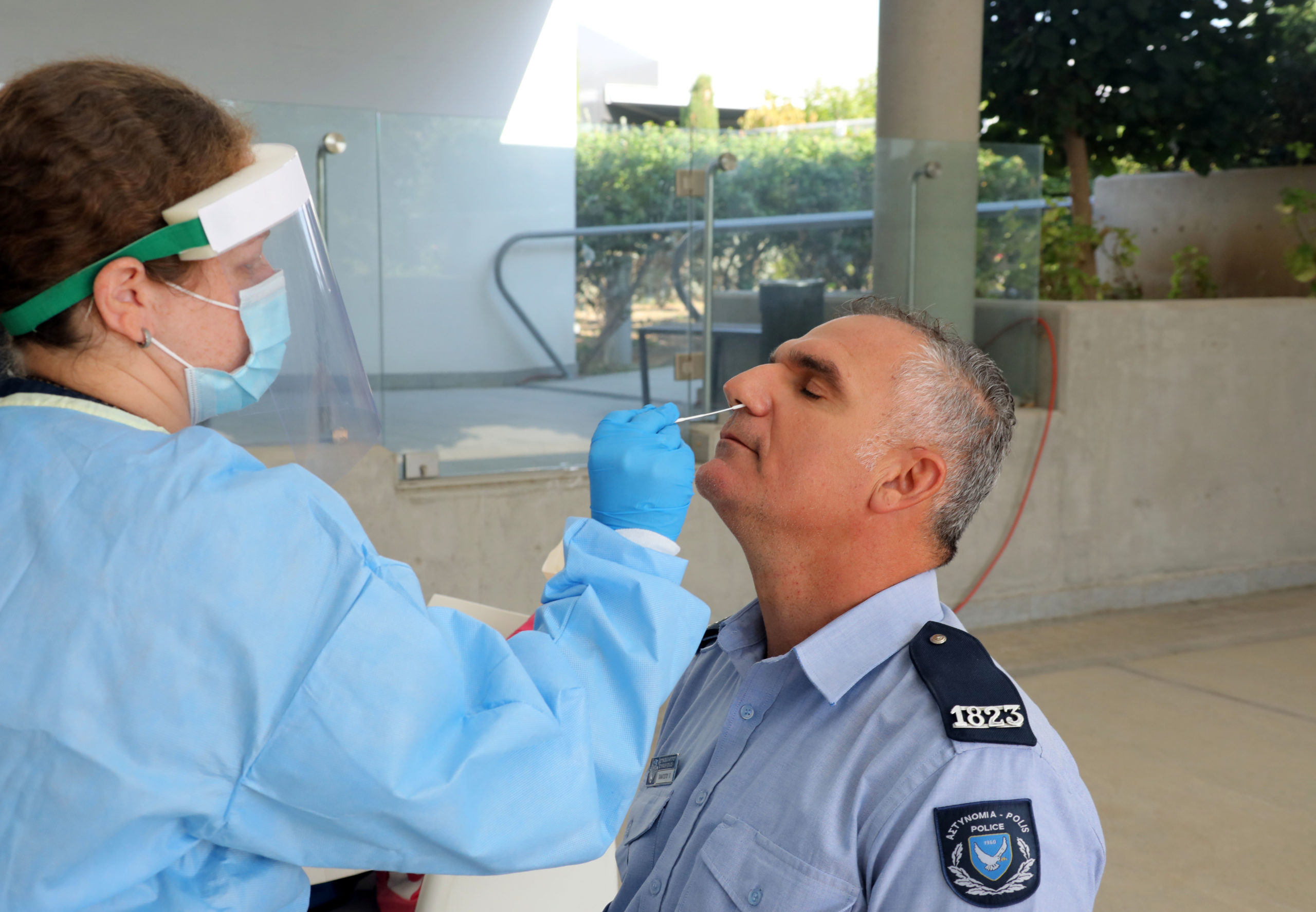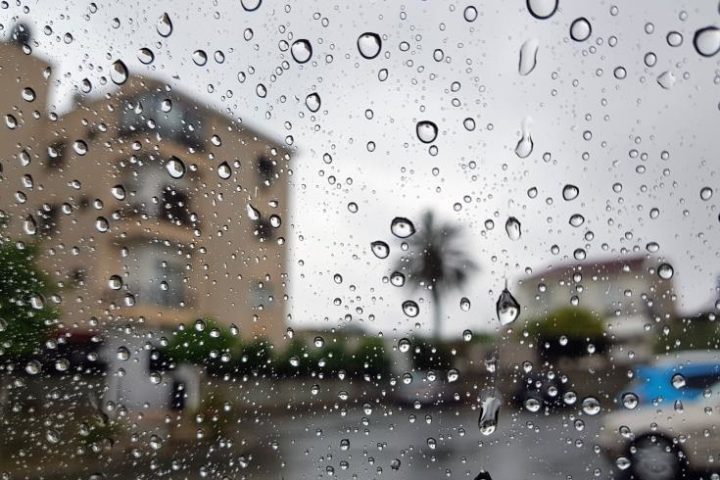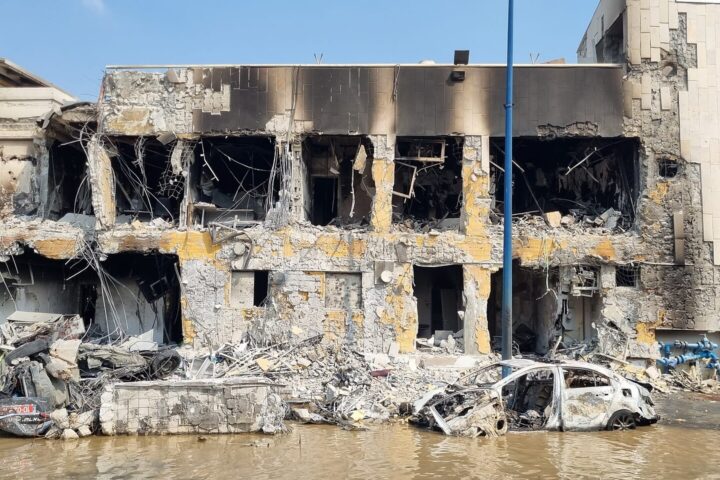Encouraging news of a breakthrough in the search for a vaccine for coronavirus will not save those already suffering from the killer disease.
It is probably too late to give people their jobs back or repair their anxiety levels as a Corona second wave scorches through Europe.
In Cyprus, the government has come up with a bundle of measures that it seems to have thrown at the worsening situation like a disorganised wedding buffet.
There are several tiers of complex and confusing restrictions that the public is having a hard time coming to terms with if the traffic queues into Limassol is anything to go by.
People are now dying at a rate that would have been unthinkable even a few weeks ago.
Decisive action ensured Cyprus dealt effectively with the first wave by managing to elicit public conformity to the draconian lockdown.
Two months of household isolation did the trick by keeping cases low and deaths lower.
Almost a third of all COVID deaths since the outbreak has occurred in the last seven days.
Our health system, the people who make it work, is now being tested like never before as the virus spreads like wildfire through Limassol and Paphos.
The previous lockdown knocked a huge hole in the economy and state finances.
A scenario the government doesn’t want to repeat or has made any contingency for.
This is why it has hesitated to go for the nuclear option in declaring lockdown 2.
Instead, after imposing a raft of halfway-house rules, the government decided to shut down a third of the population.
The chaos and confusion unleashed weren’t pretty while soldiers bolstering police roadblocks to stop people going in or out was not a good look either.
Divided we fall
Despite measures to contain the spread of the virus in Limassol and Paphos, the government belatedly broke the glass and grabbed the fire extinguisher.
These towns went into lockdown on Friday, with a daily curfew starting at 8 pm and travel to and from these districts highly restricted with the need to carry a negative COVID test.
The first time around we bought the slogan that we were “all in this together” because the lockdown was uniform and unforgiving.
There are varying restrictions and decrees dependent on where you live.
Cypriots are not only divided by a ceasefire line and occupation, they are separated by a virus that does not discriminate among its victims.
It is also debatable whether such local lockdowns make any difference in a country the size of Cyprus where distances are short with a large commuter population.
COVID-19 has split the island with residents of Limassol – the second largest town – and Paphos now feeling stigmatised, cut adrift from the rest of society.
If beating the virus means we must gather in unison to fight the good fight, this doesn’t feel like our moment of truth.
Limassol and Paphos had some form of restrictions on gatherings and movement for several weeks. Yet the virus is still rampant like an angry bull.
Could we have avoided the spike if the government put the brakes on earlier when cases were hitting three-digits in October?
People were not behaving, adhering to social distancing, or taking the situation seriously.
Surely, a short, sharp, shock to the system through a brief national lockdown lasting two weeks would have hammered the message home.
Too many rules and regulations also dilute the clarity of the message, the government should wheel out the scientists back into the spotlight to give daily briefings.
This health crisis should be treated like we are at war. The public informed every step of the way on how the battle is being won or lost.
We are not in a winning position there needs to be a feeling of realisation that limiting our contacts, masks and social distancing is the only exit strategy in town.
Yes, a miracle vaccine may be on its way. Although it’s not going to arrive until next year while it remains unclear whether it can produce herd immunity.
Pfizer experimental COVID-19 vaccine is more than 90% effective based on initial trial results with German partner BioNTech.
The companies estimate they can roll out up to 50 million doses this year, enough to protect 25 million people, and then produce up to 1.3 billion doses in 2021.
When and how many doses Cyprus will get is anybody’s guess.
There are still other unanswered questions, such as how effective the vaccine is by ethnicity or age and how long immunity lasts.
It must also be shipped and stored at super-low temperatures.
When and if Cyprus does receive this vaccine, it might have nowhere cold enough (it needs to be refrigerated at -70 to -80 degrees Celsius) to put it.










